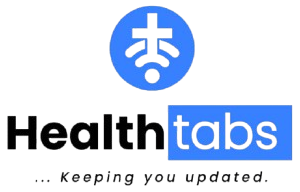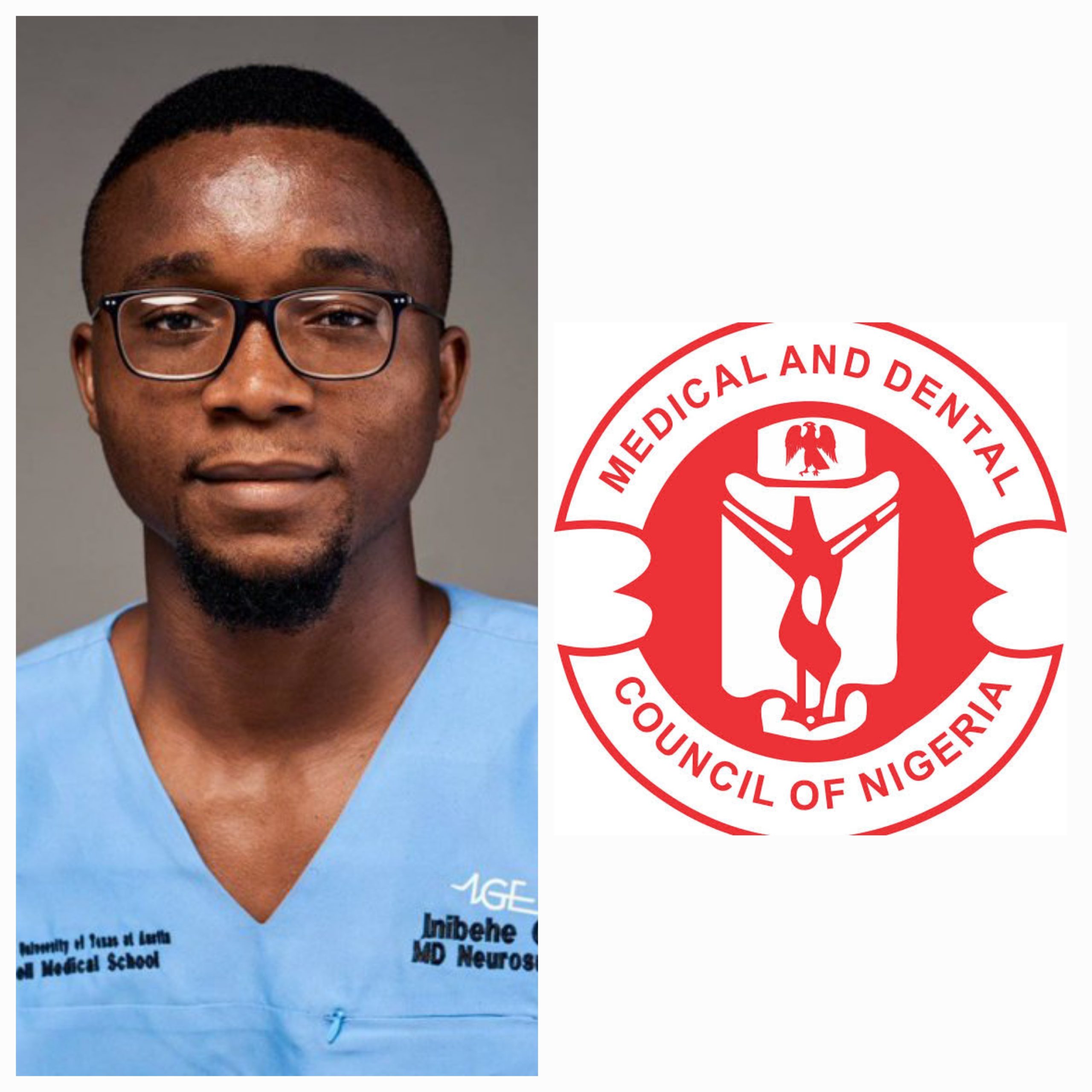Until reforms are made, every excessively long shift risks becoming another obituary.
Tragedy struck the Nigerian medical community on 1st September 2025 when Dr. Femi Rotifa, a surgical resident at the Rivers State University Teaching Hospital, was found dead in the call room after completing a grueling 72-hour on-call duty. Reports indicated that he had earlier complained of feeling unwell but was still compelled to work.
His death follows similar incidents, including the 2023 case of Dr. Michael Umoh, a medical house officer at the Lagos University Teaching Hospital who slumped after a 48-hour shift during his mandatory housemanship year. Many near miss incidents have gone unreported.
These events are the predictable outcome of a system that places the burden of an overstretched healthcare system squarely on the shoulders of young doctors, without adequate safeguards for their health and safety. They are not isolated happenstances.
A 2022 study on Nigerian resident doctors’ work schedules paints a stark picture. On average, residents work 106.5 ± 50.4 hours weekly, with surgical residents bearing the heaviest burden at 122.7 hours per week. Most residents continue to work for up to 24 hours when they are on call during weekdays, and up to 72 hours at a stretch on weekends, often getting just four hours of sleep. Alarmingly, 88.2% still had clinical responsibilities after such calls, with over 93% expressing a desire for official regulation of work hours.
These figures are nearly double or triple international standards. The European Working Time Directive (EWTD) provided for a maximum 48 hours of duty per week for resident doctors in Europe. In the United States, residents work a maximum of 80 hours weekly. Chinese residents are not required to work beyond 44 hours per week. Despite known challenges with compliance even in these countries, their policies and frameworks show a clear recognition that unchecked working hours harm both doctors and patients.
Nigerian Residency Training Act: A Missing Safeguard
The Medical Residency Training Act of 2017 is meant to regulate postgraduate medical education. While it outlines responsibilities of the National Postgraduate Medical College of Nigeria (NPMCN) and the West African Colleges of Physicians and Surgeons to produce the curriculum and scheme of work for residency training, it fails to stipulate enforceable limits on working hours. Existing curricula for various specialties are either silent on duty hour caps or make vague references without mechanisms for monitoring or enforcement.
This gap effectively leaves residents at the mercy of hospital administrators and supervising consultants, many of whom perpetuate a culture of endurance, equating longer hours with professional commitment. However, this comes at a cost of devastating consequences which include burnout, medical errors, declining mental health, and in extreme cases, death.
The consequences of the lack clear policy on maximum working hours extend beyond individual tragedies. Burnout among Nigerian doctors is at epidemic level, driven by sleep deprivation and unrelenting workloads. Studies link prolonged duty hours to higher rates of depression, anxiety, and even suicidal ideation among healthcare workers.
Fatigued doctors are more likely to make mistakes. International studies equate the cognitive impairment from 24 hours without sleep to a blood alcohol concentration of 0.10%, which is above legal limits for driving in most countries. In the Nigerian context, this means residents may be performing procedures or surgeries, or making life-and-death decisions while functioning at the level of someone legally intoxicated.
The Need for Reforms in Nigeria
The deaths of Dr. Rotifa and Dr. Umoh highlight that this is not a theoretical risk. Without intervention, more young doctors will continue to pay with their lives for a training system that ignores their safety. Nigeria already struggles with a massive brain drain, losing thousands of doctors annually to migration. Harsh working conditions and absence of systemic protection only accelerate this exodus, weakening the health system further.
Countries that have imposed strict duty-hour regulations did so in response to similar tragedies. The U.S. Accreditation Council for Graduate Medical Education reforms followed high-profile malpractice cases linked to fatigued residents. The European Working Time Directive emerged from growing recognition that healthcare workers are not immune to the biological limits of fatigue. While compliance remains imperfect, these regulations establish clear accountability frameworks.
To prevent further tragedies, Nigeria must reform its residency training framework by stipulating legally binding duty-hour limits. The Medical Residency Training Act should be amended to specify maximum duty hours not exceeding 24 hours at a time with mandated rest periods after such long period of work.
Hospitals should be required to maintain transparent duty rosters, subject to inspection by an independent oversight body. Whistleblower protections must be instituted so residents can report violations without fear of oppression from their superiors.
Consultants and policymakers must dismantle the entrenched notion that longer hour equal better training or that younger doctors must be subjected to the same system they had passed through. Until reforms are made, every excessively long shift risks becoming another obituary.




